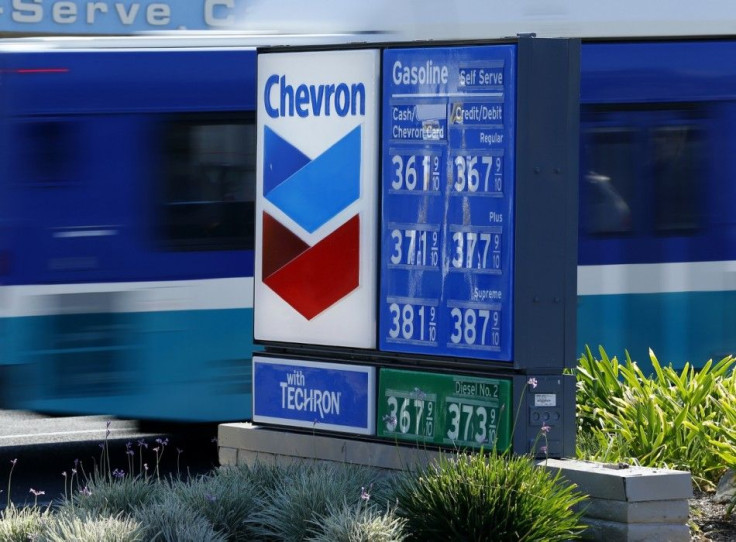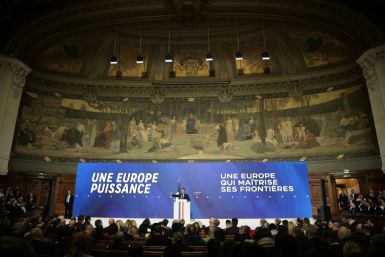Global Markets Overview - Feb. 17, 2016

An accord to nowhere
Get excited oil bulls, we have an accord – Saudi Arabia, Russia, Qatar and Venezuela have announced they will freeze oil production, ’…if other producing nations commit as well…’
First off, this is a significant shift in action as these four nations make up approximately a quarter of the world’s output. This is the first major accord of this type in fifteen years , with the last accord happening way back in 2001, and the biggest intervention being three years earlier in 1998. Seeing what was announced last night is significant in itself.
In the words of the Saudi Oil Minister Ali Al-Naimi,
‘[It’s] the beginning of the process’.
· OPEC nations will freeze production at January levels, which was 43.1 million barrels of oil a day. Interesting, considering January levels were a record and were producing 1 million barrels a day above demand. That, coupled with EIA stockpiling, registered record levels in January.
· Russia joining the accord is significant but has motive. Russia is actually seeing organic declines in output and the conclusion would be that it’s getting a ‘free ride’ with OPEC freezing production. What’s more is that Russia is feeling the pinch on a tax revenue front. The lower prices are likely to accelerate the organic declines as the tax level hit costs to income. It needs higher prices on this front.
· Venezuela has been screaming the loudest (along with Algeria) for an accord of this type Over the weekend, the Venezuelan energy minister stated that at US$26 a barrel, Venezuela was at breakeven on cost-price. It needs action more than any other OPEC nations as it has US$10 billion in coupon payments due in 2016 revenue from oil estimated at US$20 billion – tittering on default.
Oil had rallied almost 20% since the low last week from rumours that Saudi Arabia and Russia were discussing coordinated actions.
The oil price has returned to my average price point for Q1 of US$30 a barrel. OPEC will want to see it ‘stabilising’ at US$35 to US440 a barrel to relieve the pressure. The accord, on face value, suggest more can and will be done over the coming months. However, the current agreement will have little impact on oil markets and there are glaring holes in what has been announced.
· Iran has point blank said ‘no’ to this accord – nullifying ‘if other producing nations commit’. Iran restated its desire to ‘regain market share loss during the recent sanctions’.
· What also makes this accord interesting is that history would suggest Russia is the one to watch. It was the first to break the 2001 and 1998 accords due to ‘not enough action’ taken by other OPEC nations.
· The agreement is not signed and nor is there signs it will even materialise considering the clause around other nations acting.
· On its desire to ‘stabilise’ price, estimates suggest that even with a cut of 5% across OPEC nations and Russia, it would take at least six months for the supply glut to filter out to equilibrium and that doesn’t include the stock piled levels the US has in the Pacific.
Market reactions:
· WTI lost 1.15% in US trade and is sub-US$30 a barrel at US$29.04
· Brent lost 3.29% in US trade to close at US$32.31 a barrel
The market clearly also believes that this an accord to nowhere.
EVAN LUCAS
Market Strategist
IG, Level 15, 55 Collins Street, Melbourne VIC 3000
D: +61398601748 | T: +61398601711
www.ig.com
IG Markets
[Kick off your trading day with our newsletter]
More from IBT Markets:
Follow us on Facebook
Follow us on Twitter
Subscribe to get this delivered to your inbox daily






